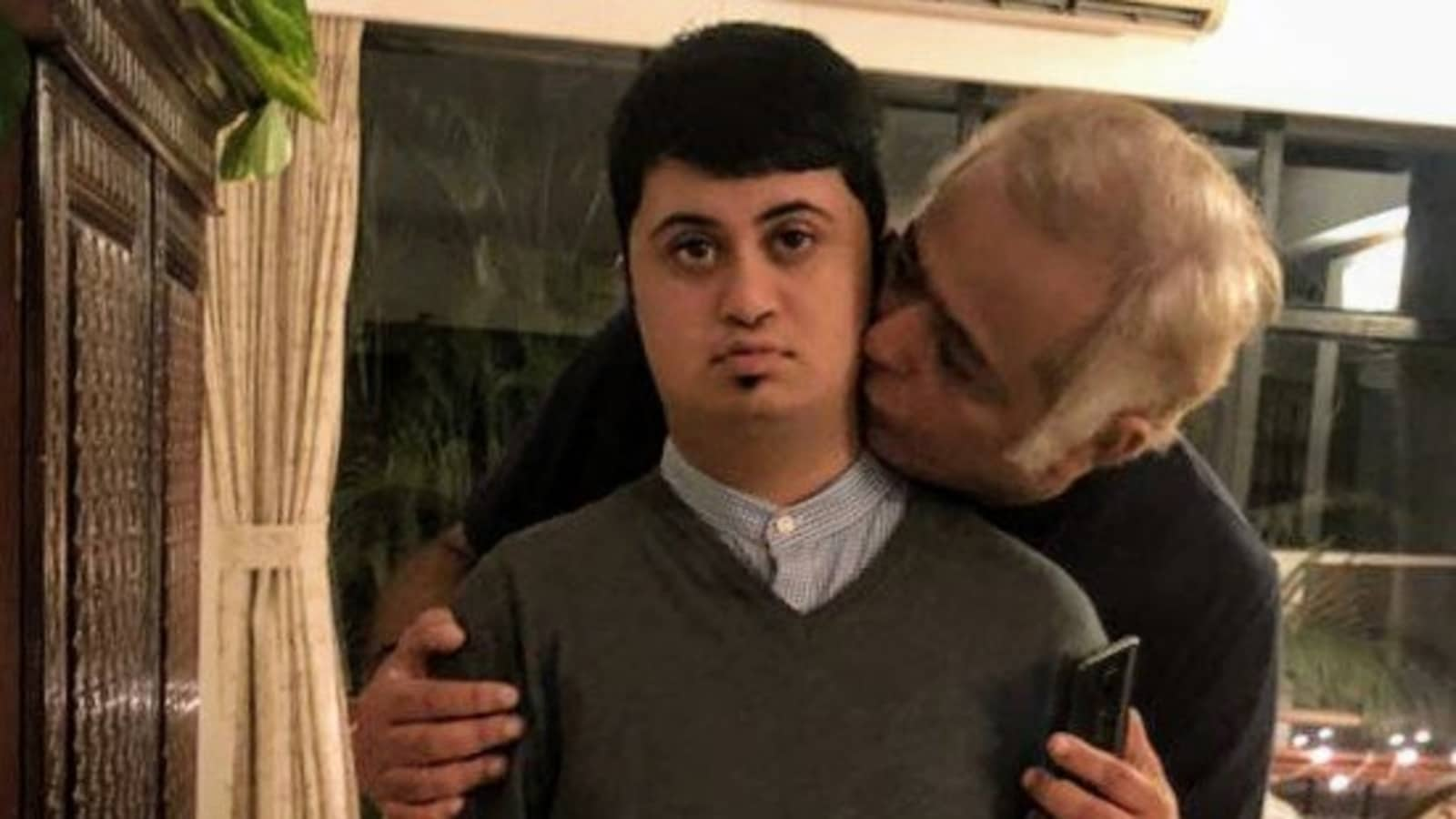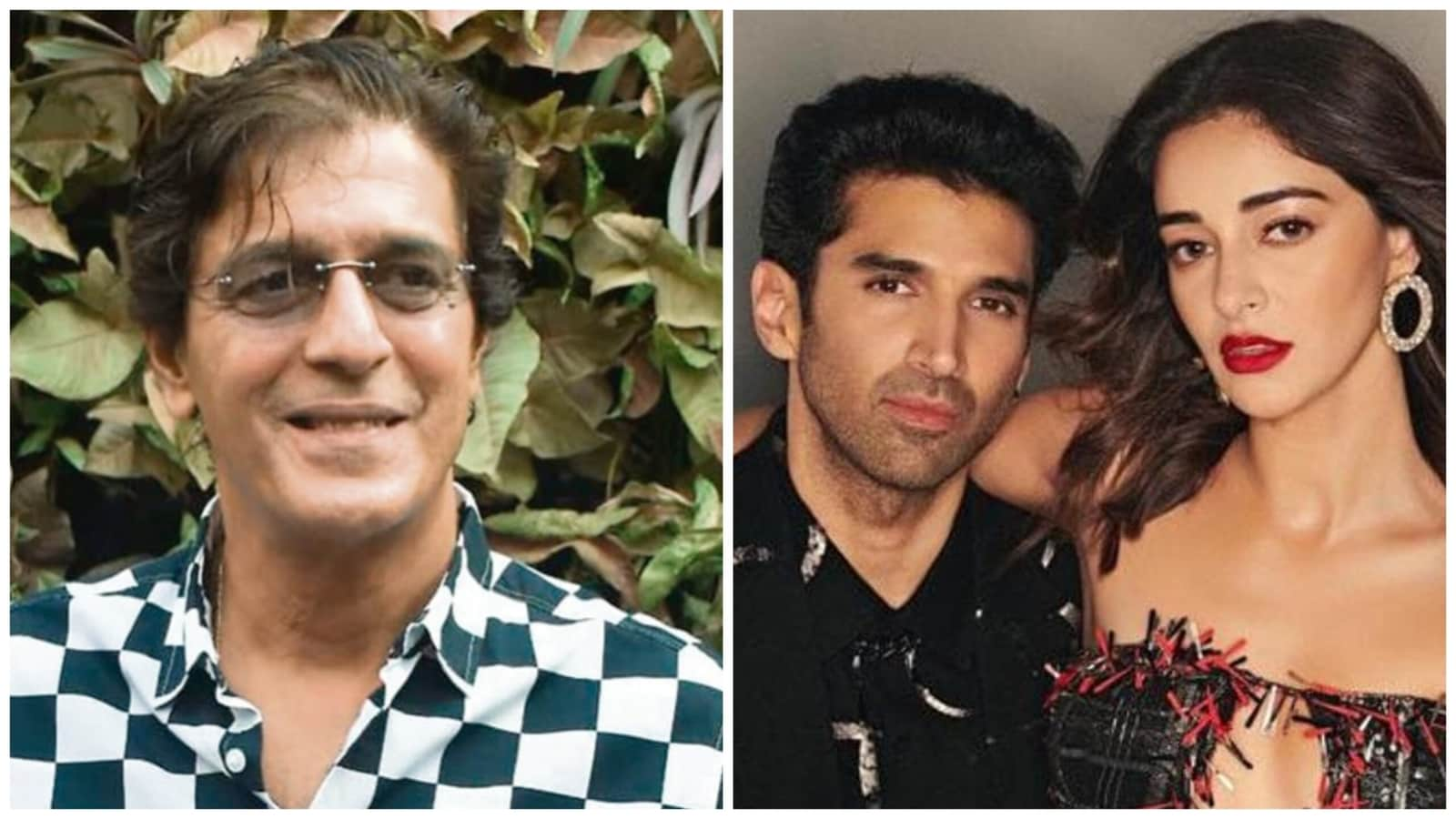
[ad_1]
On World Down Syndrome Day, filmmaker Hansal Mehta talks about his 28-year-old son Pallava and shares, “When Pallava was born, even we knew very little about Down Syndrome. It was termed as a mental disability back then. Initially, it was difficult because there was not enough information, we were just gathering it from the pediatrician. He had to go through a surgical procedure within 24 hours of birth,” adding, “The first few days were slightly difficult, we were just mentally coping with the prospect of a child who is not deemed normal. But then, when I was with him in the hospital after the surgery, he was in an incubator, the way he pulled through with a smile on his face, you realise he is a fighter. That smile has never gone! You realise what a blessing he is. He is only loving. People call his needs ‘special needs’, but they are not special needs, he is happy with anything.”

The Scoop director tells us that his son did have some issues while growing up with his speech and then with his vision. “He did not speak until he was 9 so we were worried if he will speak at all. Speech started but we had to work on it. He was staying with my ex-wife Sunita, his mother, for a very long time,” he continues, “So, when she passed away, I went to get him and I realised that he had developed a cataract in both eyes. He was familiar with the space he was living in, but outside that, he was stumbling. We got his eyes checked and went for an operation. Once it was removed, I showed him a newspaper, the first name he took was Salman Khan, he is a big fan of him and Abhishek Bachchan.”
Mehta mentions that as a society there is a need to change the perspective and be more supportive towards Down Syndrome. “More than taboos, there is very little education about the condition. People don’t really know enough about it. When you go to other countries, you realise that they have a system in place for the care of people with these challenges, to support the child and the family for life. That support system unfortunately is very weak here. There’s a lot of quackery around it or funny Ayurvedic and religious treatments,” he shares.
“People treat it like a sickness, it is not a sickness, it’s a genetic anomaly. We need to learn to normalise the lives of these people and the people around them. There is very little attention paid to this, we need strong non-governmental organisation support around the country. We don’t even know the numbers. The lack of awareness, understanding and support systems is very difficult. There should be more schools and communities,” the filmmaker further adds.
Ask Mehta if he ever thought of working on a project on the subject and he tells us, “I had written a very frothy and entertaining film on this but it never got made for various reasons. When I had written it, I was not in the best phase of my life as a filmmaker, so there was very little faith from the market.”
“Ever since, I have also outgrown the story because as times change, your perspective changes, so that altered perspective needs to be reflected in a newer story and newer world. I am working on something but it’s not yet materialised. For me it has to be special because more than awareness, it would be a tribute to unconditional love. I will make it again, for sure,” he concludes.
[ad_2]
Source link









